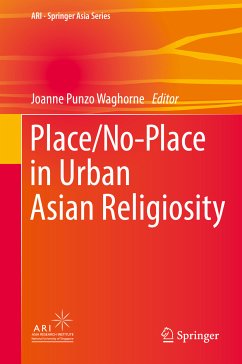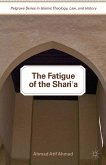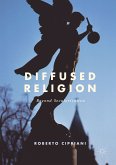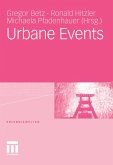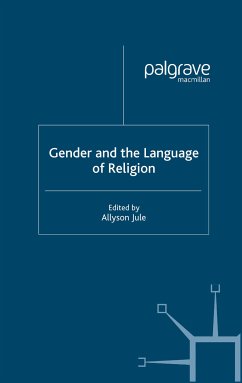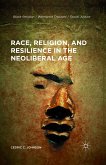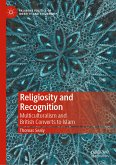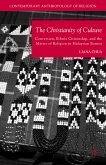This book discusses Asia's rapid pace of urbanization, with a particular focus on new spaces created by and for everyday religiosity. The essays in this volume - covering topics from the global metropolises of Singapore, Bangalore, Seoul, Beijing, and Hong Kong to the regional centers of Gwalior, Pune, Jahazpur, and sites like Wudang Mountain - examine in detail the spaces created by new or changing religious organizations that range in scope from neighborhood-based to consciously global. The definition of "spatial aspects" includes direct place-making projects such as the construction of new religious buildings - temples, halls and other meeting sites, as well as less tangible religious endeavors such as the production of new "mental spaces" urged by spiritual leaders, or the shift from terra firma to the strangely concrete effervesce of cyberspace. With this in mind, it explores how distinct and blurred, and open and bounded communities generate and participate indiverse practices as they deliberately engage or disengage with physical landscapes/cityscapes. It highlights how through these religious organizations, changing class and gender configurations, ongoing political and economic transformations, continue as significant factors shaping and affecting Asian urban lives. In addition, the books goes further by exploring new and often bittersweet "improvements" like metro rail lines, new national highways, widespread internet access, that bulldoze - both literally and figuratively - religious places and force relocations and adjustments that are often innovative and unexpected. Furthermore, this volume explores personal experiences within the particularities of selected religious organizations and the ways that subjects interpret or actively construct urban spaces. The essays show, through ethnographically and historically grounded case studies, the variety of ways newly emerging religious communities or religious institutions understand, value, interact with, or strive to ignore extreme urbanization and rapidly changing built environments.
Dieser Download kann aus rechtlichen Gründen nur mit Rechnungsadresse in A, B, BG, CY, CZ, D, DK, EW, E, FIN, F, GR, HR, H, IRL, I, LT, L, LR, M, NL, PL, P, R, S, SLO, SK ausgeliefert werden.
"Joanne Punzo Waghorne's edited volume Place/No-Place in Urban Asian Religiosity is a welcome addition, offering a number of engaging case studies organized around the themes of 'place' and 'no-place.' ... there are some excellent chapters in this volume that present both fascinating ethnographic detail and theoretical insights. It is recommended to anyone interested in religion and space or urbanization in Asia." (Daniel M. Murray, Reading Religion, readingreligion.org, May, 2017)

